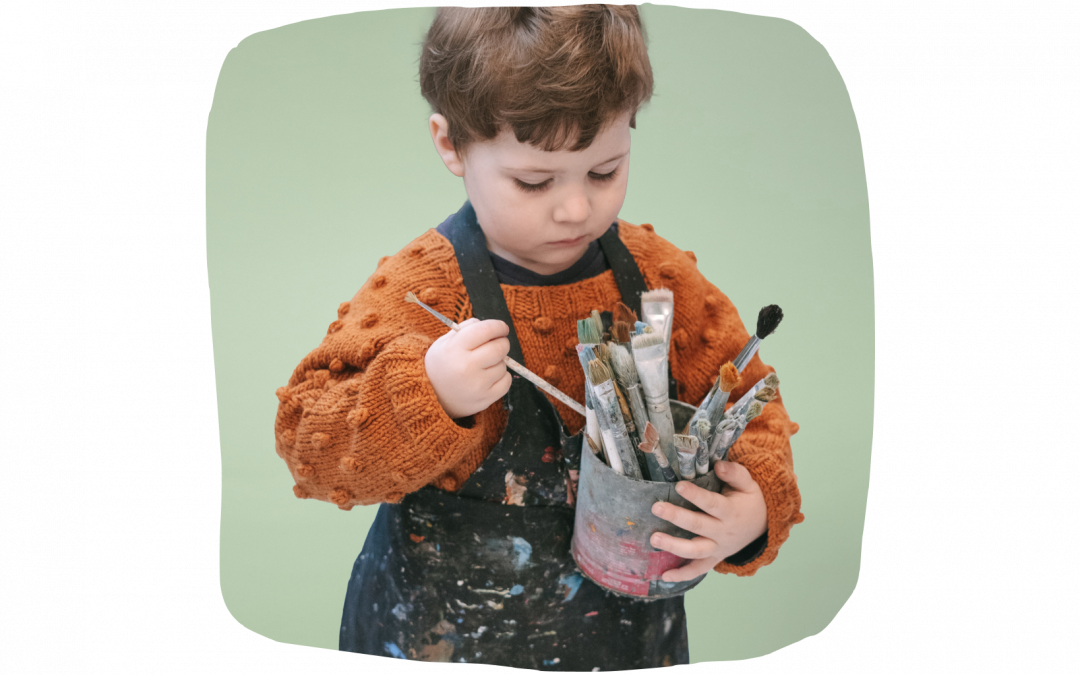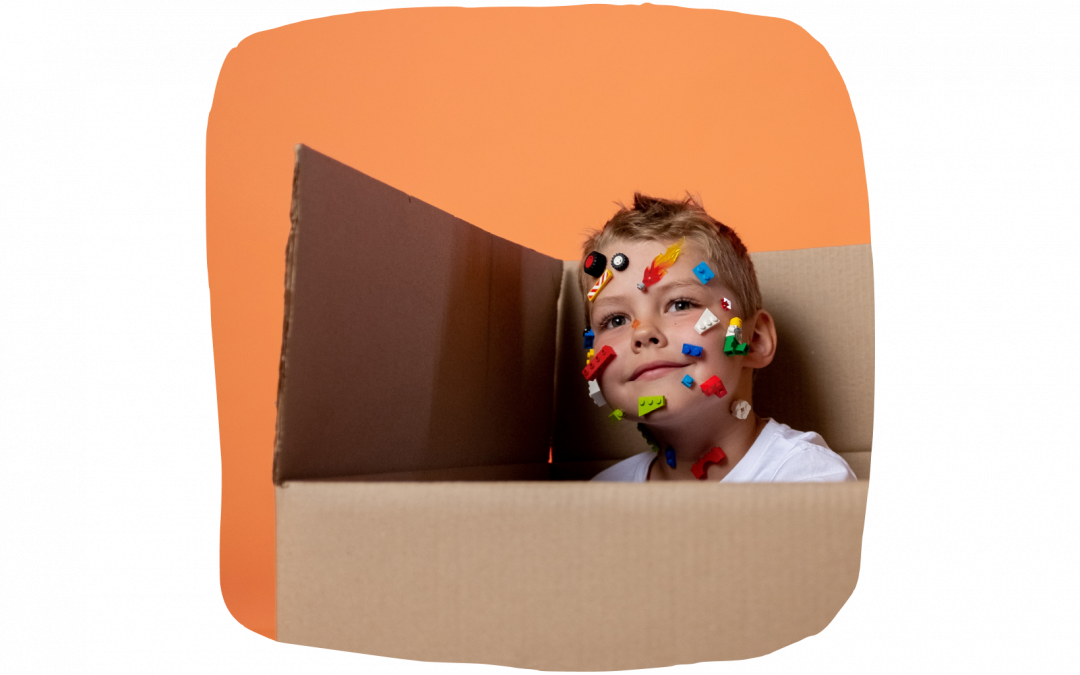It’s important for kids to learn how and when to ask questions, so that they can access the knowledge and information they need in order to solve problems. If your child is struggling with a problem, for example, you may be tempted just to give them the answer—but don’t! Instead, encourage them to ask questions. This will help them develop critical thinking skills by giving them practice at identifying unfamiliar concepts. It also helps ensure that they know what is expected of them before they start. If there are any misunderstandings, these can be cleared up before too much time passes, instead of stumbling through an assignment without fully understanding it first.
Read aloud from stories that involve problem solving, conflict and different points of view
Reading aloud to your child is a great way to develop their critical thinking skills. When you read aloud, you’re giving them the opportunity to follow along with the plot and interact with the story as it unfolds. They can visualize what’s happening in their mind as they listen, creating an immersive experience for both parties.
By reading aloud from books that involve problem-solving, conflict and different points of view, your child will see how other characters approach similar situations (or ones that are very different) than themselves. This helps them learn how others think, which is important when working through problems on their own later in life—you don’t want them making decisions based solely on one person’s point of view!
Find out what interests your child
First things first: before you can teach your child critical thinking, you have to know what they’re interested in. Your kid might not be ready for a technical-sounding lesson on the finer points of deductive reasoning, but they will definitely be able to learn something from a simple conversation about their passions.
Asking questions like “What do you like to do?” or “What kinds of things do you read?” is a great way to get started. The answers will give you insight into what kind of information your child finds interesting and engaging (and maybe even inspiring). And depending on how old they are, there may be some deeper lessons hidden beneath those interests too—like how certain topics can help kids become more confident about their identities as individuals and as members of society.
If nothing else, these conversations are sure to let children know that there’s nothing wrong with being passionate about the things that make them unique…which helps build up self-esteem over time!
Don’t close down their inquiries too soon with the right answer
One of the best ways to help your child develop critical thinking skills is by not giving them the right answer too quickly. While you might be tempted to do so, it’s important that you give them time and space to ask questions, think about what they are asking, and figure out how they want to solve the problem.
If possible, encourage them not just with verbal encouragement but also with physical gestures such as being physically present while they work through their ideas. Don’t let them get stuck on one question or problem—encourage them instead to find other solutions or even new questions around this issue.
Allow time to think
- You can encourage your child’s critical thinking skills by asking open-ended questions. Open-ended questions ask kids to think about the question and their answer, whereas closed-ended questions require a simple “Yes” or “No.” The idea is that if you give your child time to process information, they will be able to come up with better answers. An example of an open-ended question is “What do you think we should have for dinner tonight?” You may receive an answer like “Chili,” but the real goal here is for the child to engage in critical thinking: Why chili? What makes it a good choice? Is there another option that would be even better?
- Role-playing helps kids learn how to make decisions and helps them practice talking through a situation before they encounter it in real life. Ask your child questions that require more than just a yes/no answer (e.g., “What would happen if…?”). Then listen carefully so you can follow up with another question if necessary. This will help them think through situations more deeply rather than just giving an immediate response without considering all angles.
- You can also help your kids develop critical thinking skills by asking them questions that require them to think outside of the box, such as “Why do we have traffic lights?” or “What would happen if everyone stopped paying taxes?” Most kids won’t know the answers but they’ll enjoy trying to figure them out!
- Encourage your child to explain their answers and ask them questions about the process of how they came up with that answer. Ask your child to explain things in different ways, especially if you’re trying to get at something complicated or abstract like emotions, feelings, or theories about life. For example: “How did you feel when…?”; “What does it mean when someone says…?”; “Why do you think this happened (or will happen)?!” The trick is getting open-ended questions that encourage critical thinking without coming across as interrogatory. Your child should be able to easily express their thoughts without feeling like they’re being put on trial.
Guide your kid to have the awareness and knowledge of their thought processes
As a child grows older, they will begin to have more complex thoughts and develop their own opinions. This is a great time for you to guide them in the process of critical thinking so that they can learn how to think analytically. You can do this by helping them understand the difference between their thought processes and how they see it in others.
To help your children identify their thought processes, ask them questions like: “What makes you say that?” or “How did you come up with that idea?” These types of questions will force them think about their own thoughts instead of just repeating what someone else has told them. When your child answers these types of questions, listen carefully because sometimes young children don’t realise how their thinking has developed over time (or even if it has changed). For example, if they were once scared of dogs but now love dogs after meeting one at camp last summer then this is something worth noting!
It’s also important for parents to take an active role in guiding their kids towards critical thinking skills by having conversations about some controversial topics where there are no right or wrong answers – just different perspectives based on experience.
Explain the benefits of critical thinking skills
The first step in helping your child develop critical thinking skills is to explain what they are and why they’re important. Critical thinking is the ability to think about information in a logical, clear-headed way so that you can make good decisions and solve problems. It’s such an important skill that it helps us in all areas of life—from education to work and relationships.
In addition to knowing what critical thinking is, it’s also important for your child to understand how these skills are used at school. Explain that teachers expect students to use these cognitive skills when completing assignments or participating in classroom discussions. They may even ask students questions related to their understanding of these concepts!







0 Comments